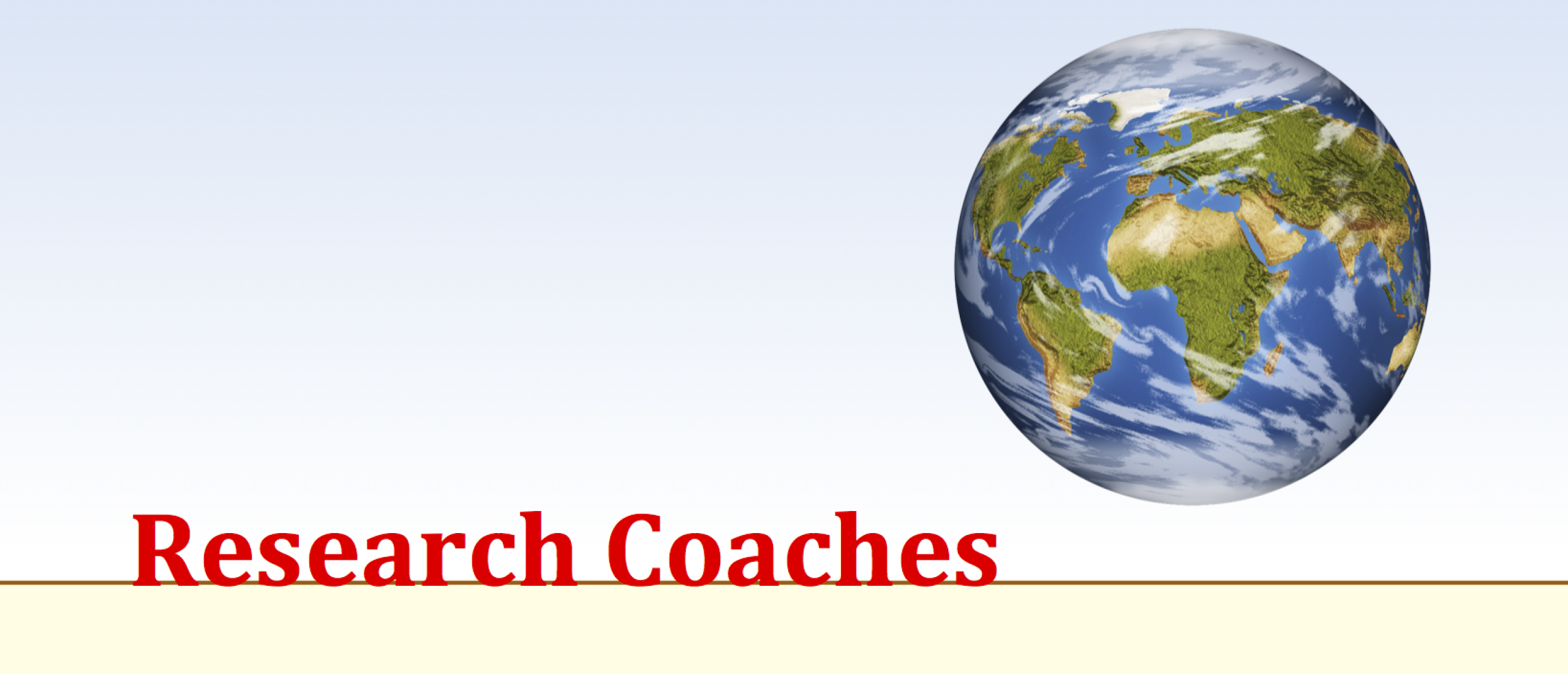
Matchen
Matching is adjusting respondents or objects to groups after measuring some relevant characteristics of the persons or the attributes of objects to make equal groups concerning these aspects.
In a research the distinctive groups should basically be the same. If they are not, the outcome of the research might be unclear due to interfering aspects of the respondents or objects.
For example, a study will examine the effect of following a course on statistics. Two groups are put together. The people in one group can follow the course and the people in the other group follow a course on art. Afterwards the knowledge of statistics is measured. The design looks like this:

The difference in knowledge can be tested with a statistical test (t-test groups). Most likely the result will be that the people who have followed statistical lessons have more knowledge than the people who have not. However, how certain is the conclusion that the difference in knowledge is due to the course and not to the characteristics of the students?
Various alternative reasons can be given if a difference (or no difference) is found. One of them is that both groups were not the same at the beginning. Perhaps the people in one group already had a lot of knowledge of statistics. Perhaps the students in one group follow a technical study. The scientist must check these aspects in advance. He must ensure that both groups are the same on the relevant aspect. The design should look like this, where the M stands for matching (making equal groups):




